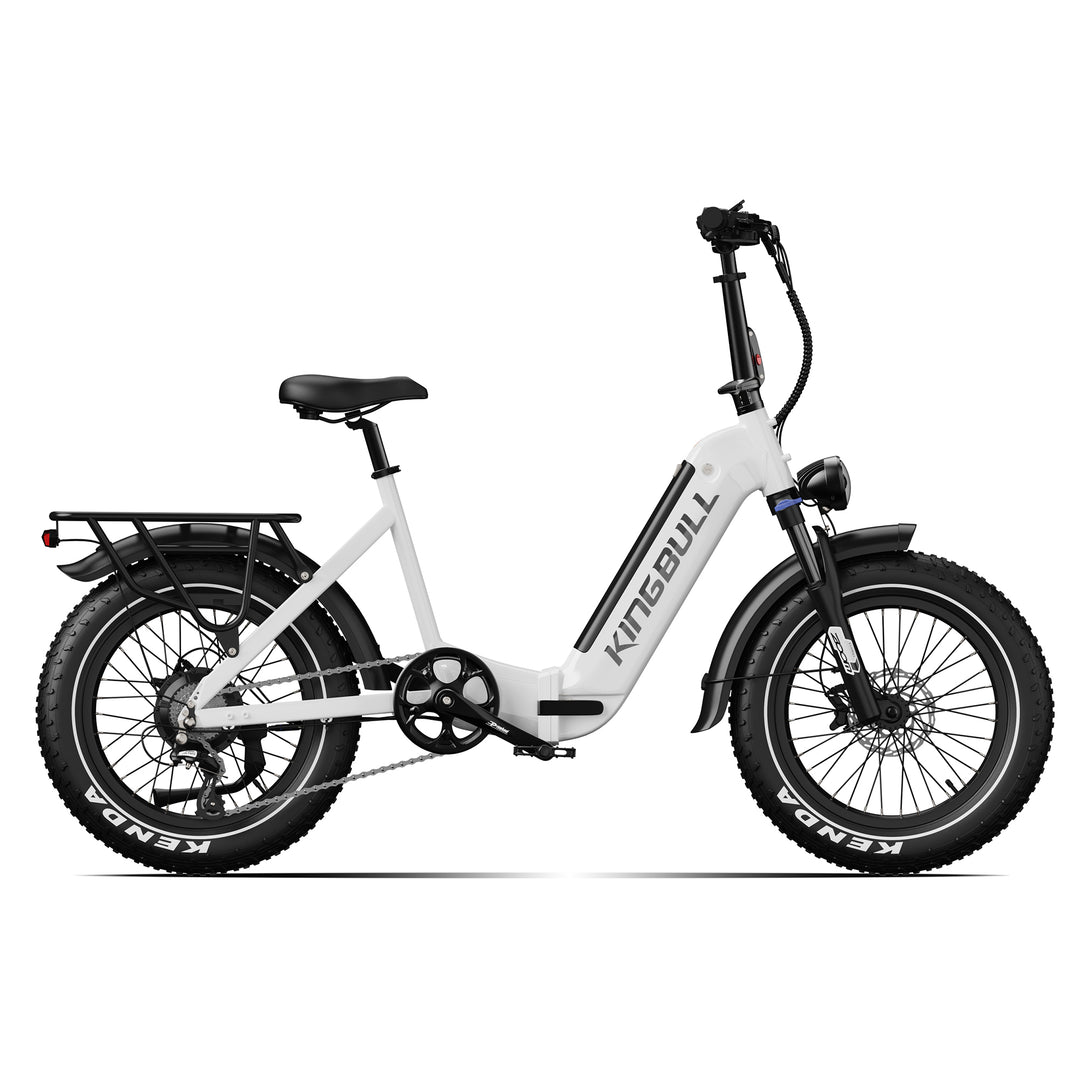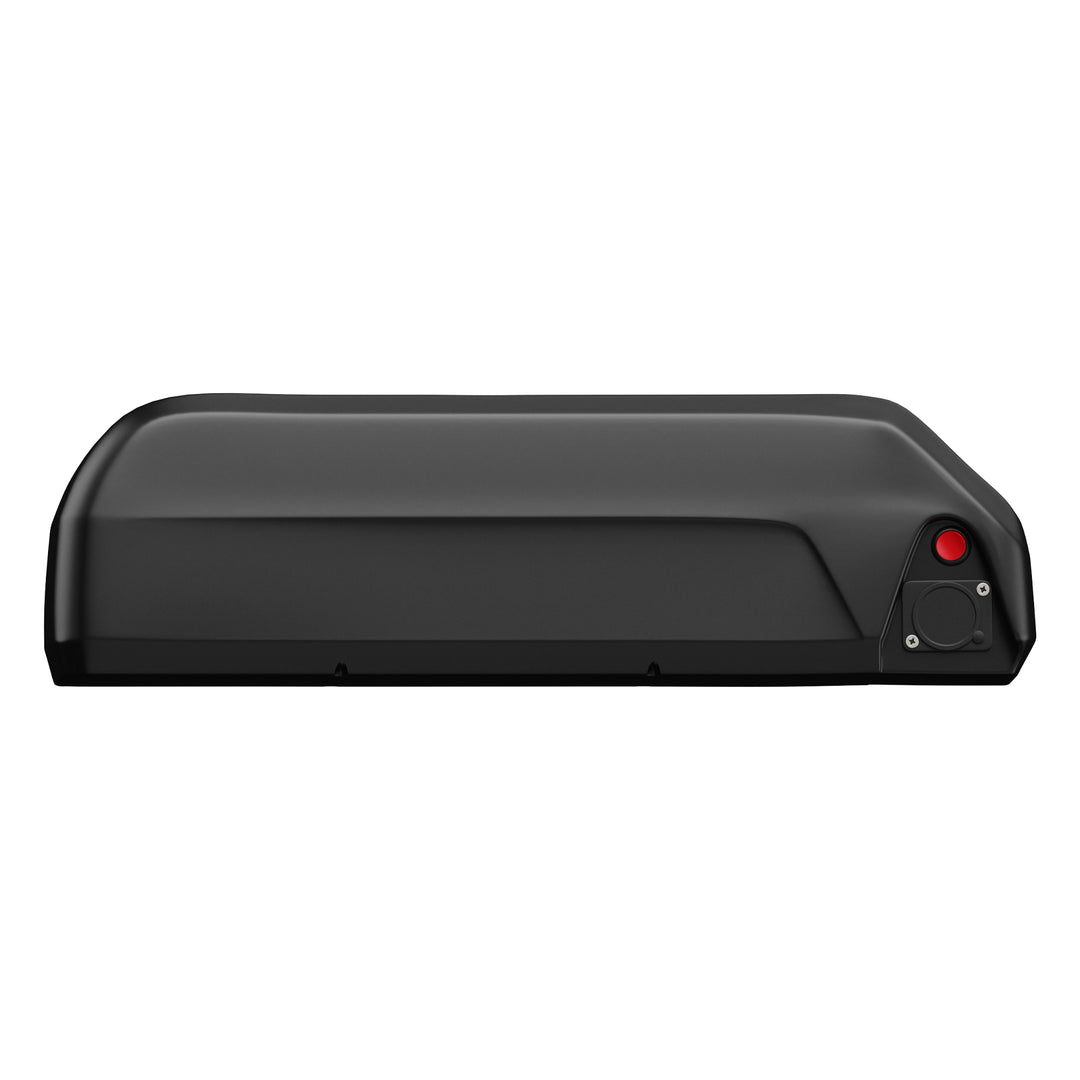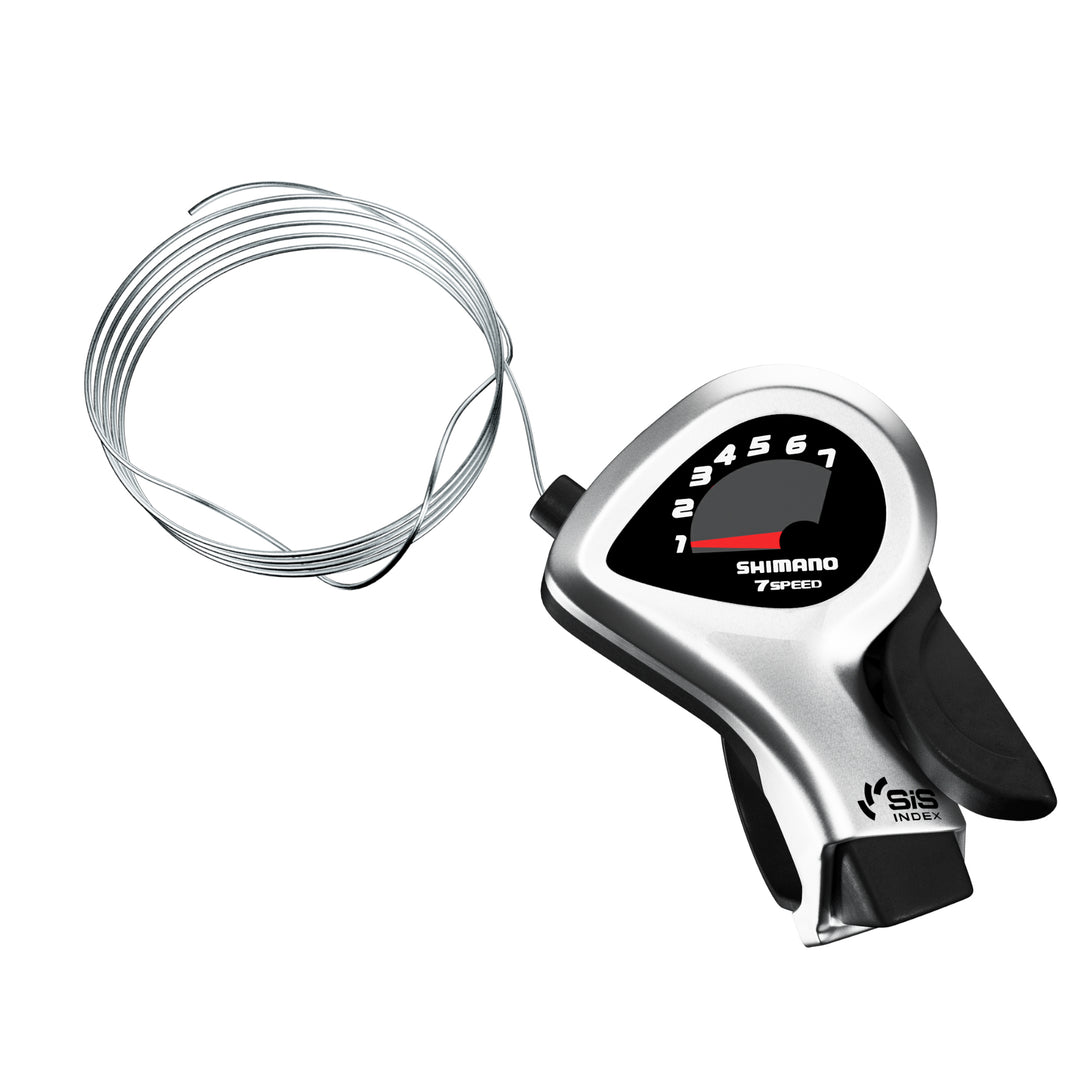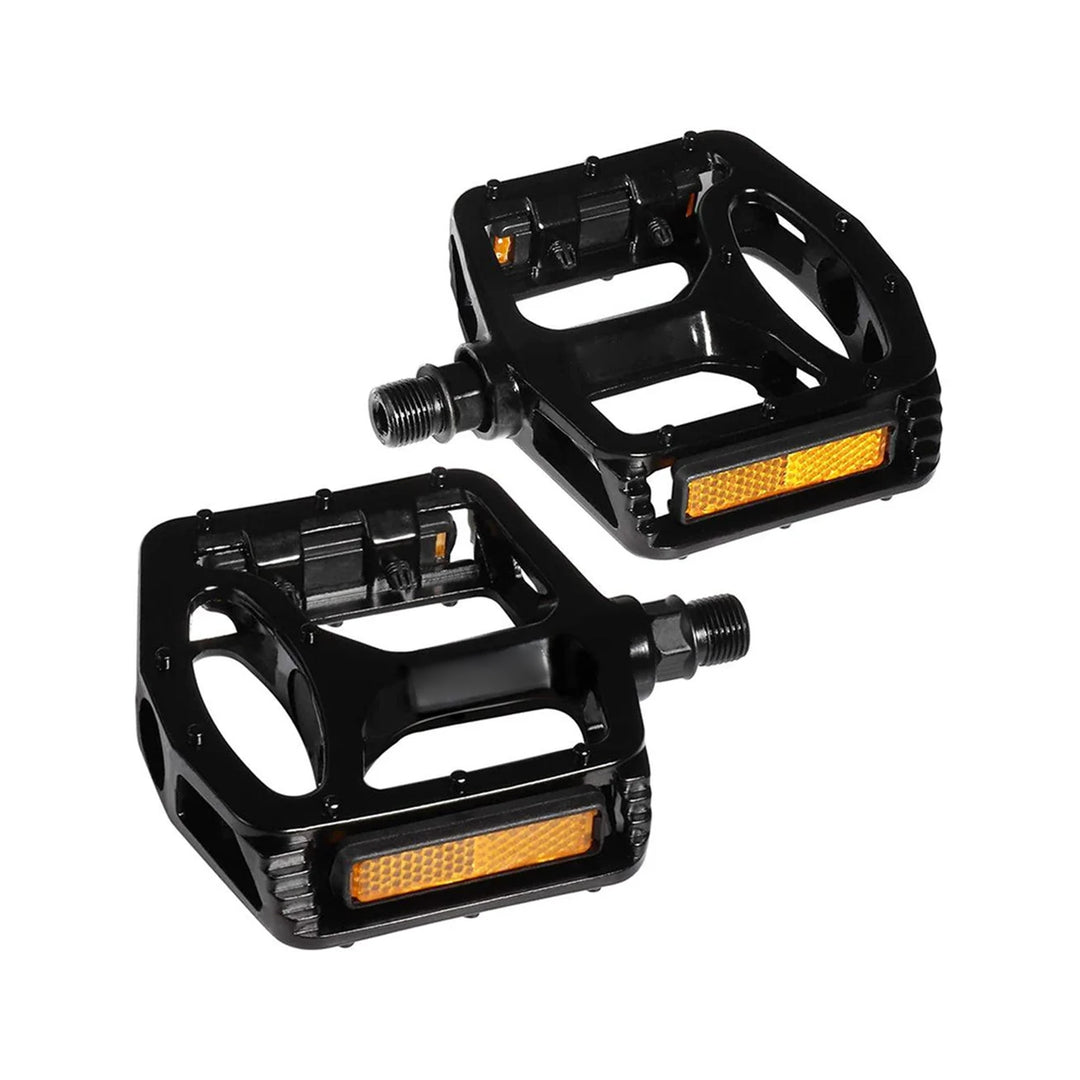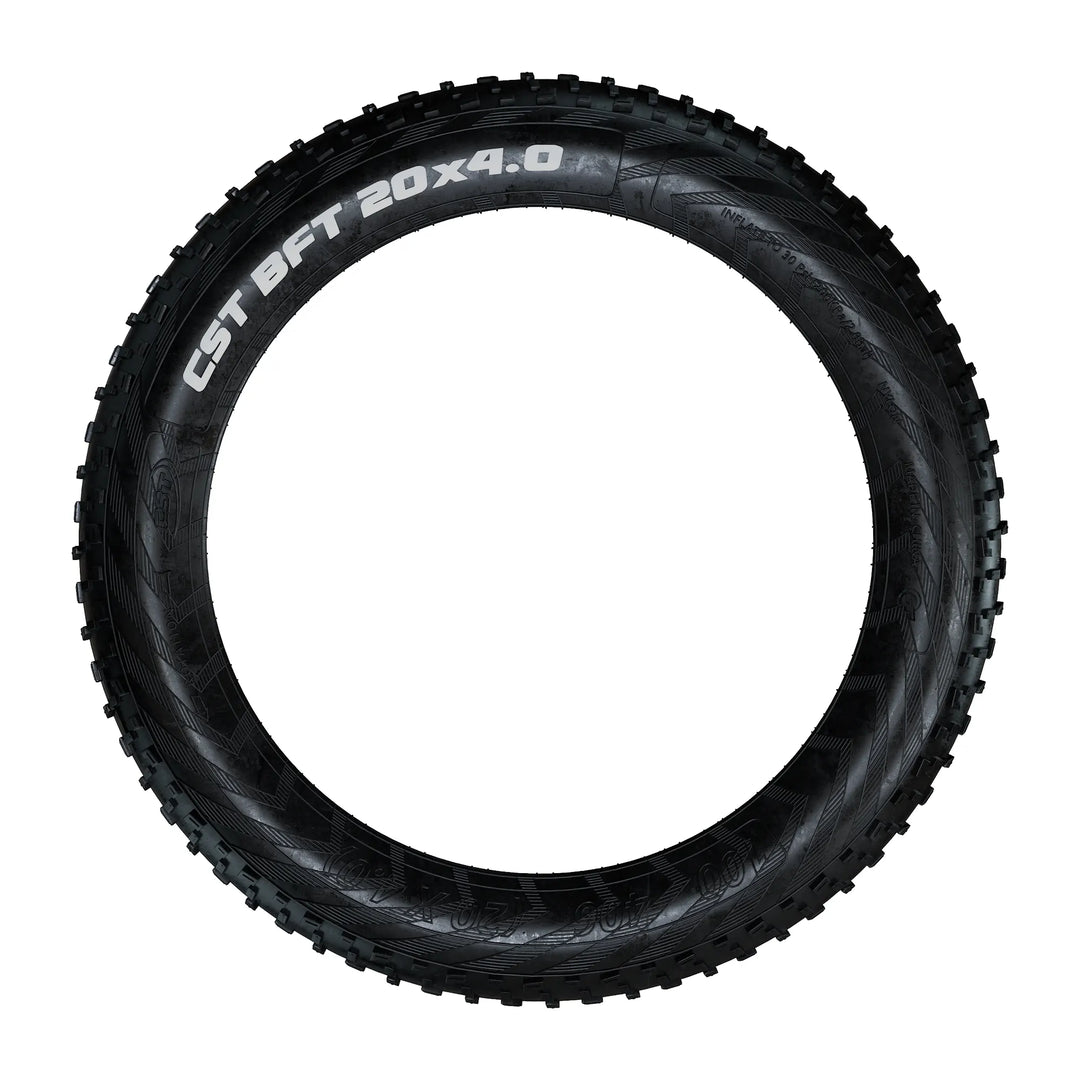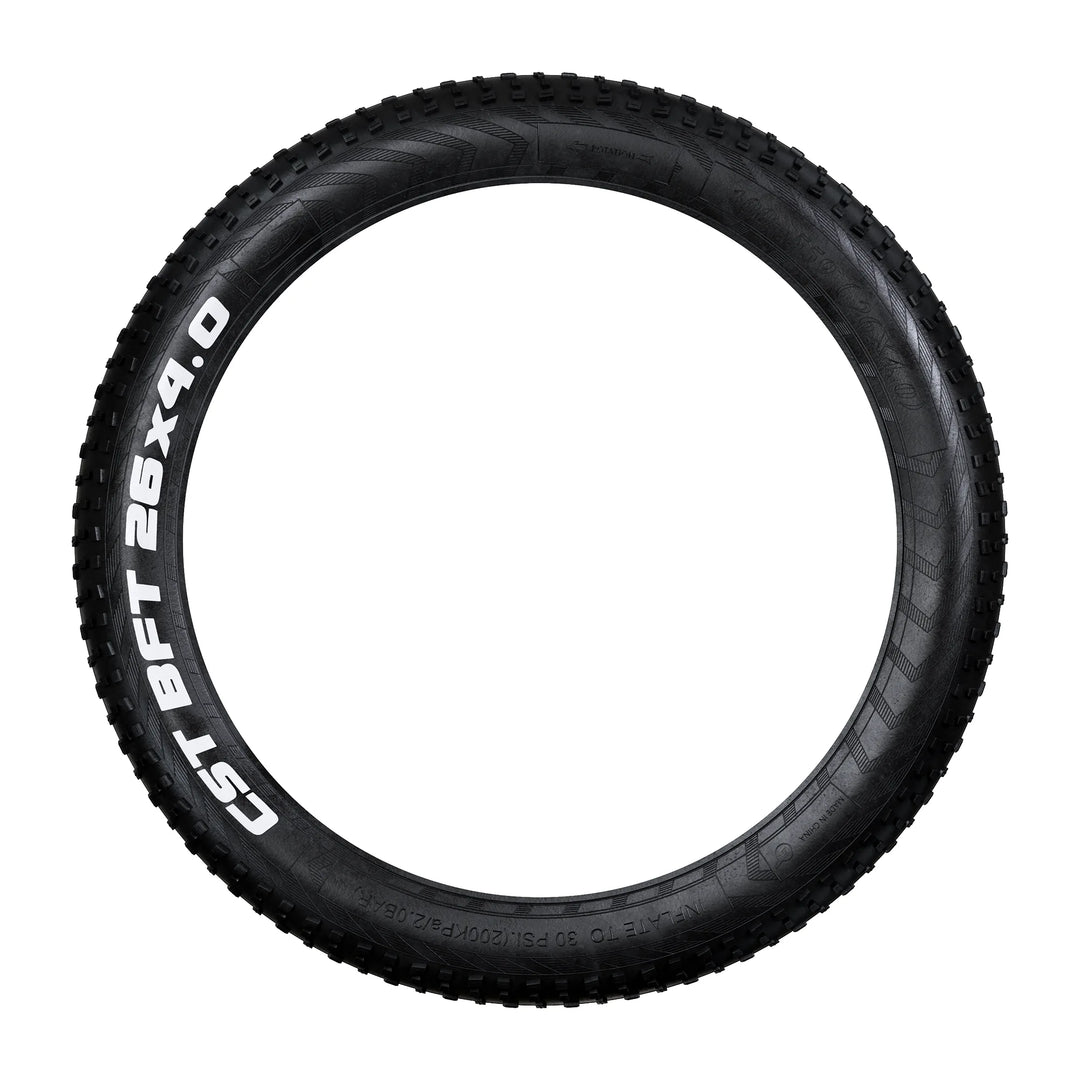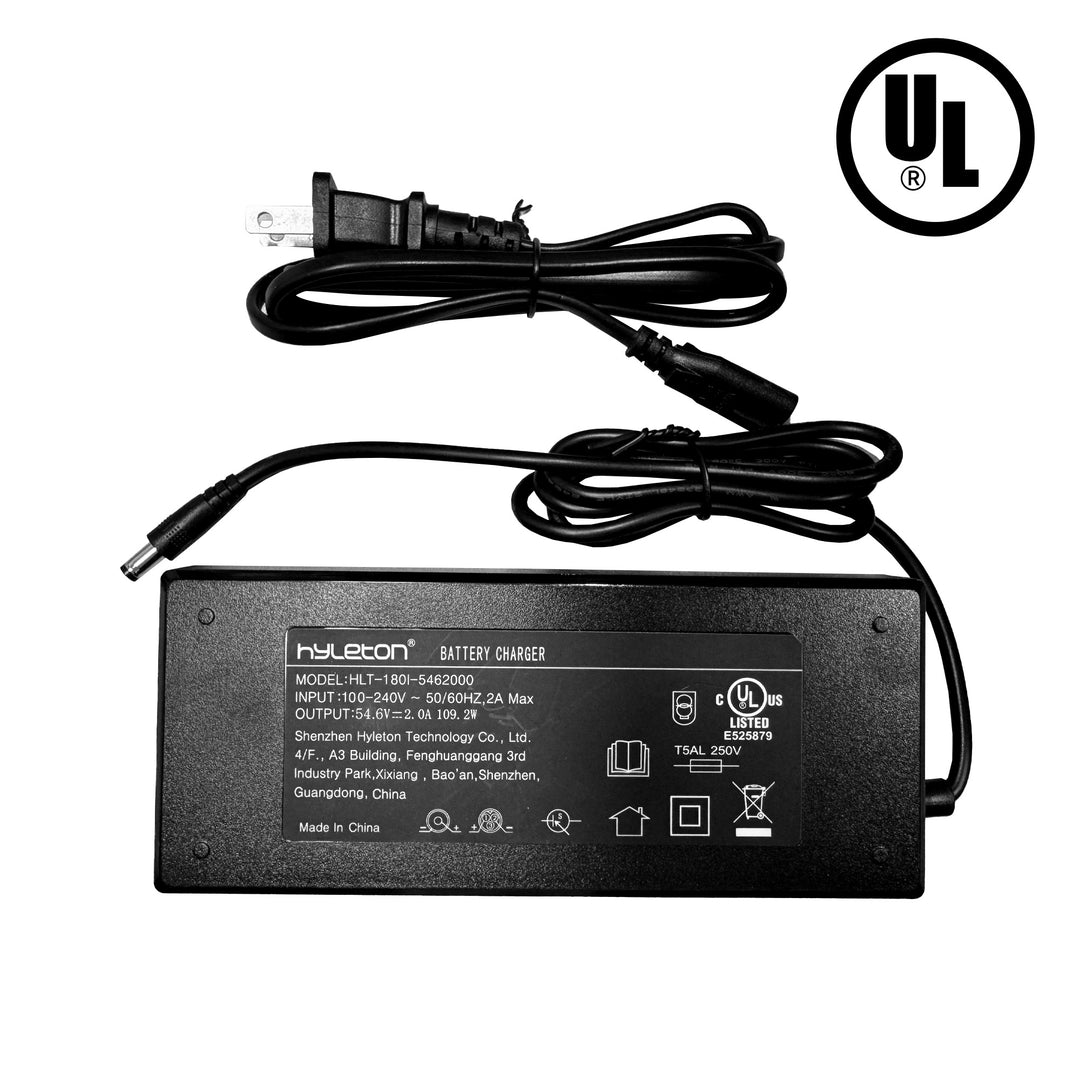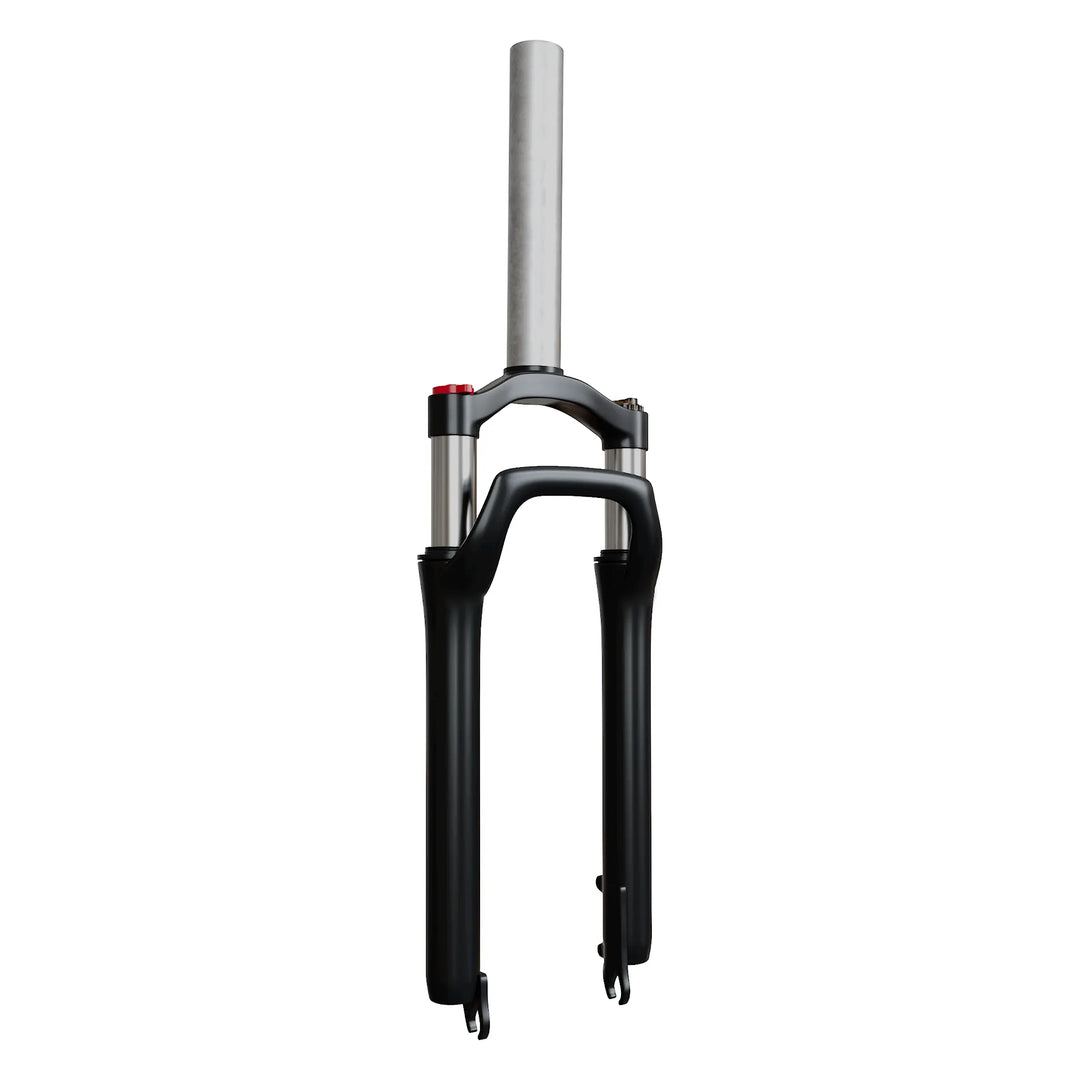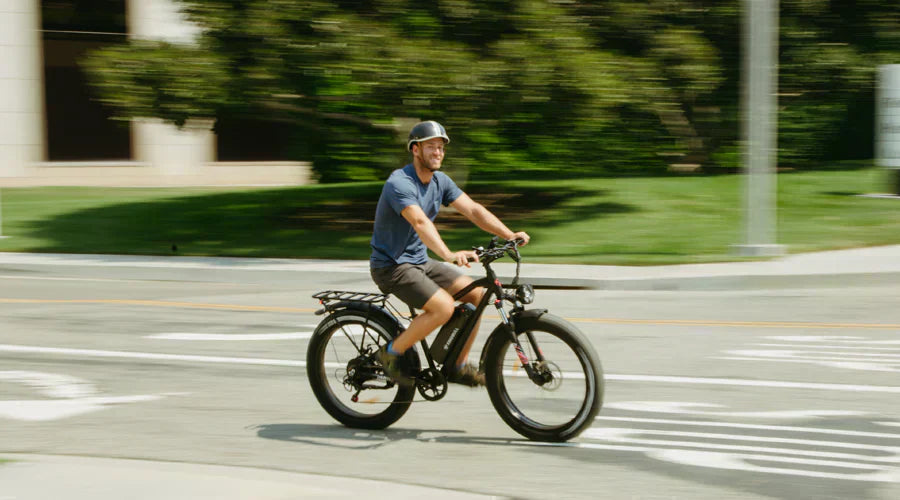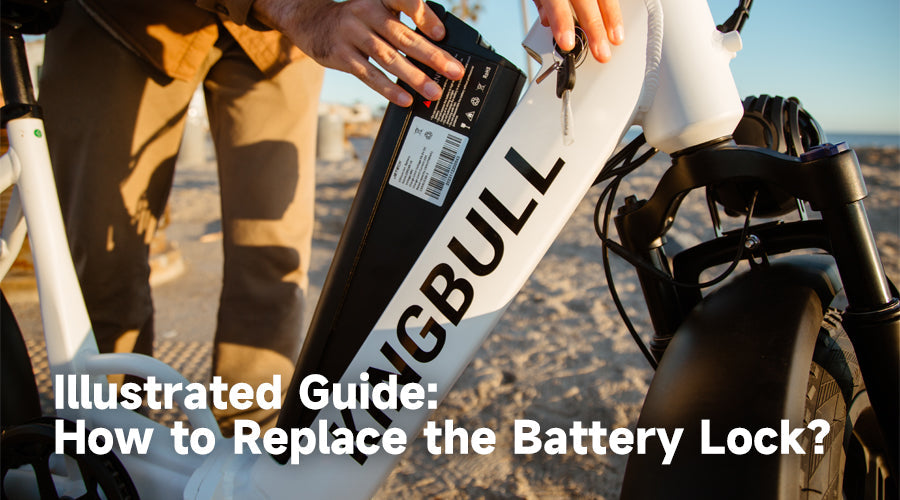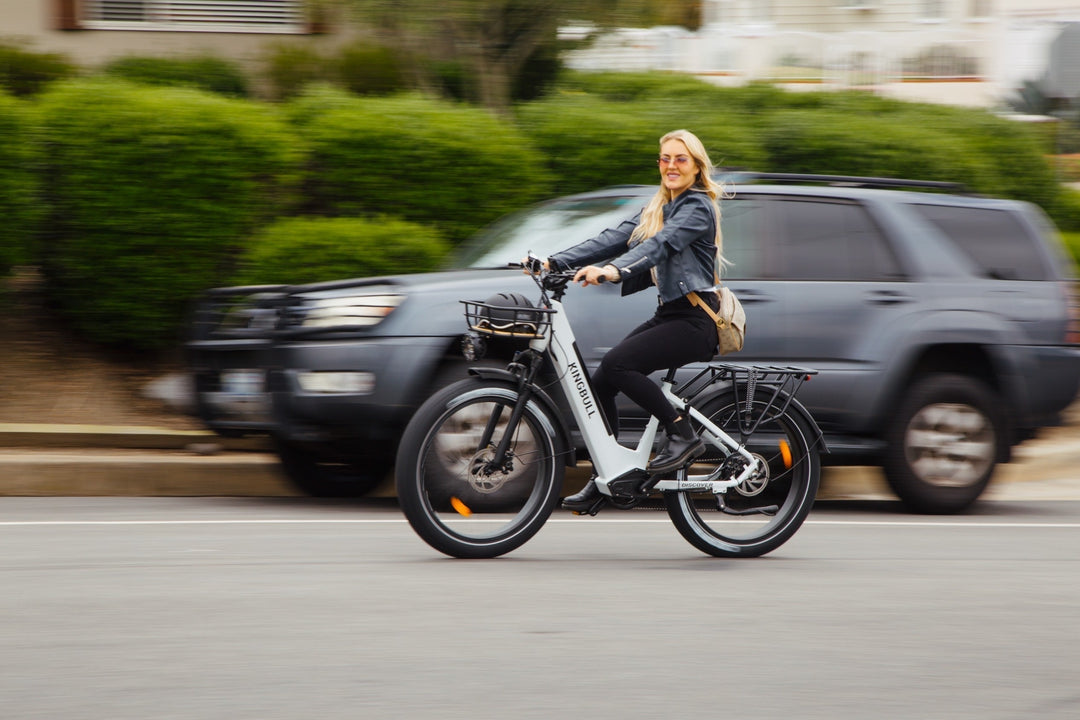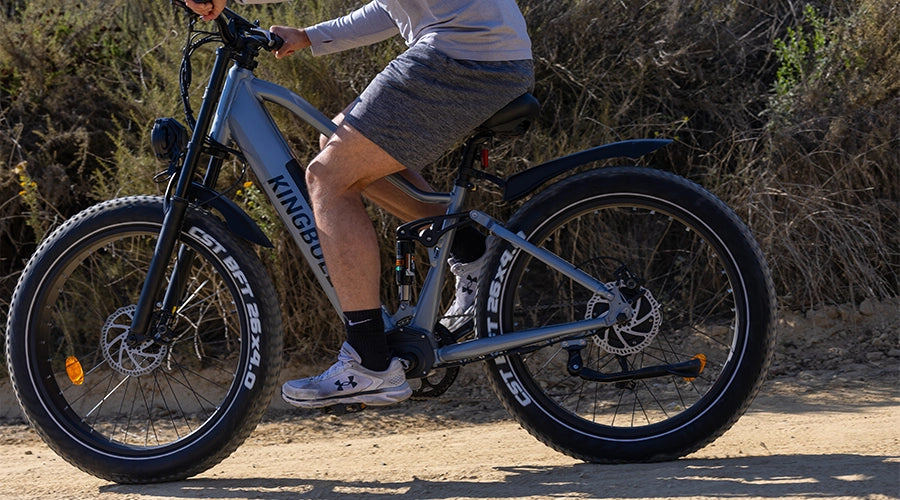
Mechanical vs hydraulic disc brakes. Which are the best brakes.
As a cyclist, recognizing the significance of your bicycle's or e-bike's braking system is crucial. When deciding between mechanical and hydraulic disc brakes, it's essential to comprehend their distinctions along with their respective benefits and drawbacks.
Disc brakes have become the gold standard in the 21st century, with mechanical and hydraulic variations dominating the market. Each system operates distinctly, offering a range of costs along with their own set of advantages and disadvantages to consider.
What are mechanical disc brakes?
A mechanical disc brake is a type of bicycle brake that uses a cable to transmit force from the brake lever to the brake caliper. The brake caliper then uses pistons to apply pressure to the brake pads, which press against a disc rotor mounted to the hub of the wheel.
Working principle of mechanical disc brake:
When the brake lever is squeezed, the cable pulls a lever arm on the brake caliper. This lever arm engages the piston(s), which pushes the brake pads against the rotor. The friction between the brake pads and the rotor slows the wheel down and stops the bike.
Mechanical disc brakes are widely used in bicycles and electric bicycles. Their biggest advantages are low cost and simple maintenance.
What are hydraulic disc brakes?
Hydraulic disc brakes use hydraulic fluid to transfer force from the brake lever to the brake caliper. The brake calipers then use pistons to apply pressure to the brake pads, which press against disc rotors mounted on the wheel hub.
Working principle of hydraulic disc brake:
When the brake lever is squeezed, a piston in the master cylinder forces hydraulic fluid through a hose to the brake caliper. The hydraulic fluid then applies pressure to the piston(s) in the brake caliper, which pushes the brake pads against the rotor. The friction between the brake pads and the rotor slows the wheel down and stops the bike.
Hydraulic disc brakes have powerful braking capabilities and short braking strokes. Nowadays, more and more bicycles and electric bicycles are choosing hydraulic disc brakes.
Mechanical vs hydraulic disc brakes
Hydraulic and mechanical disc brakes each have their own pros and cons. I personally prefer hydraulic disc brakes, but they are not suitable for everyone.
Price
Hydraulic disc brakes cost significantly more than mechanical disc brakes, which also means that hydraulic disc brakes will provide better performance.
Braking travel
Hydraulic disc brakes can provide extremely short braking strokes and are often safer than mechanical disc brakes in emergency situations. At the same time, with hydraulic disc brakes, you don't need to exert as much force on the brake lever, which also provides a more comfortable riding experience.
Brake maintenance
Even as a beginner, learning to maintain mechanical disc brakes is fairly easy. However, due to the complexity of the structure of hydraulic disc brakes, beginners often cannot maintain them. Our more suggestion is to go to a professional bicycle shop for repairs.
Service life
Mechanical braking systems tend to last longer than hydraulic braking systems. And the mechanical braking system is easy to repair, which is the main reason why most riders choose the mechanical braking system.
Therefore, the main advantages of mechanical disc brakes are that they are cheap and easy to maintain. Hydraulic disc brakes provide better braking performance and a more comfortable riding experience.
Which braking system is better for you?
This mostly depends on how you ride.
If you ride trails or mountains and you enjoy faster speeds, hydraulic disc brakes may be better for you. Excellent braking ability is very important to you. In mountain bike racing, mechanical braking systems are rarely seen. There is no doubt that hydraulic braking systems are safer and more reliable.
Although hydraulic disc brakes are excellent, they still have the disadvantages of high cost and troublesome maintenance. Mechanical disc brakes are also a good choice if you just enjoy slow speed riding in the city.
But I definitely recommend hydraulic disc brakes to you. It not only provides more reliable braking performance, but also provides a better riding experience. This is why all Kingbull electric bicycles use hydraulic braking systems.
Conclusion
The overall evaluation of hydraulic disc brakes is definitely higher than that of mechanical disc brakes. As a rider, better braking performance and a better riding experience are particularly important.
Whether you're an off-road rider or a commuter, hydraulic disc brakes can provide you with greater safety and a better riding experience. If price is more a consideration, mechanical disc brakes are also a good choice.














